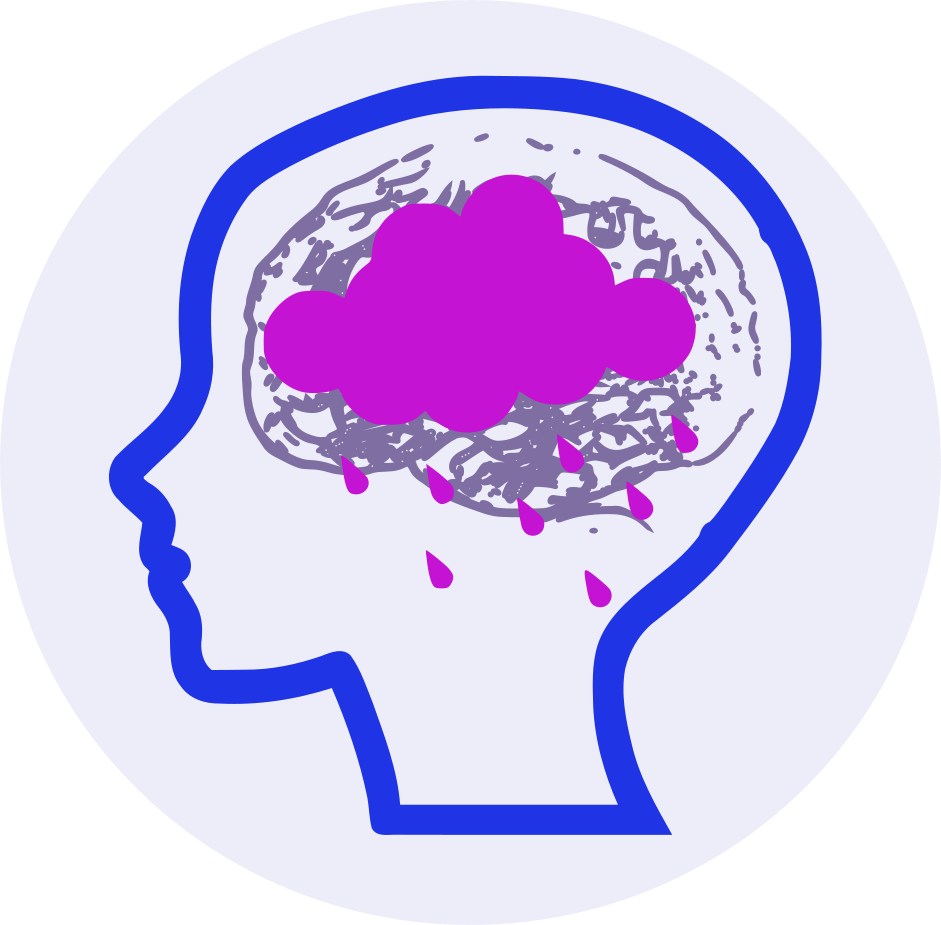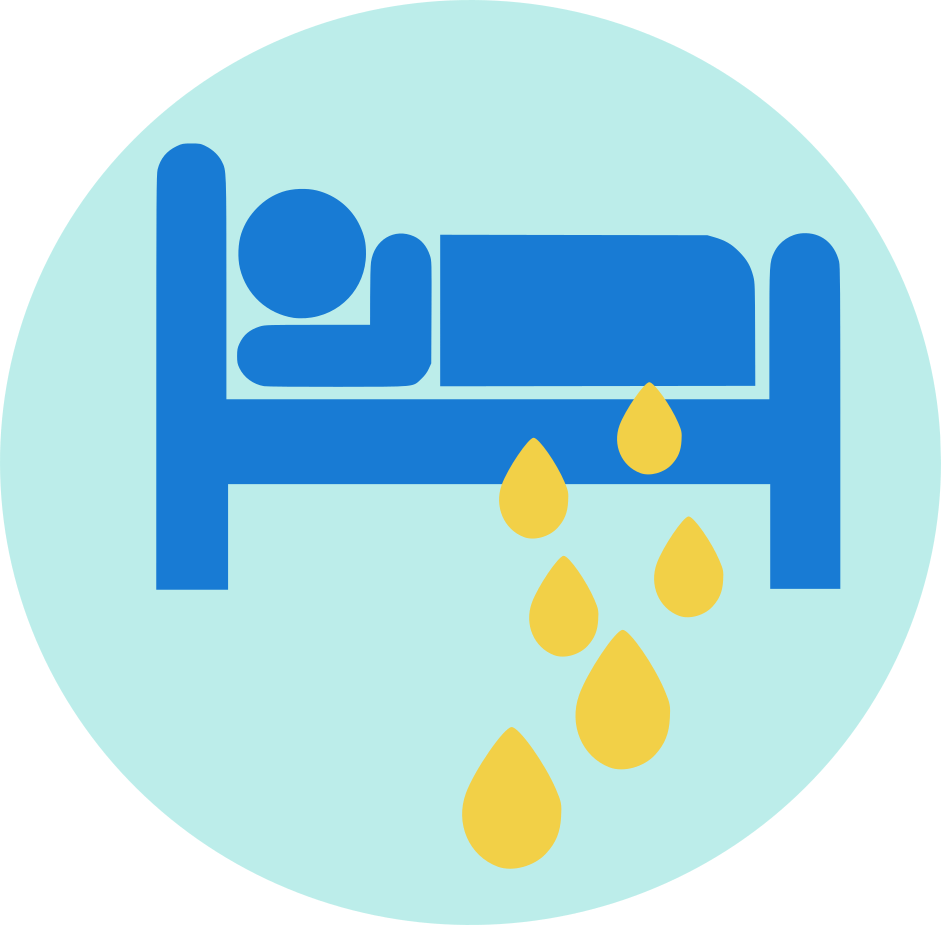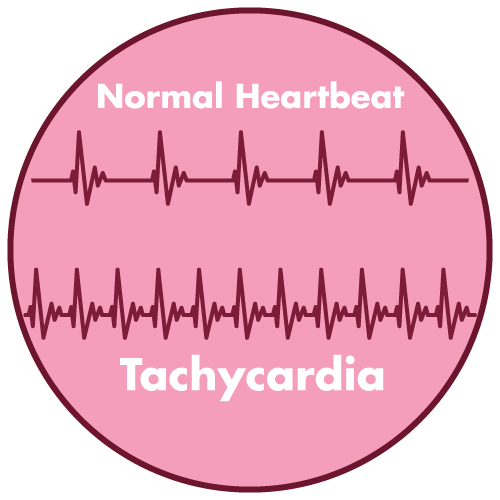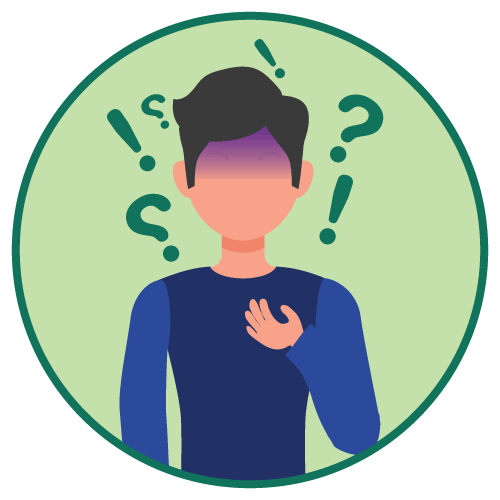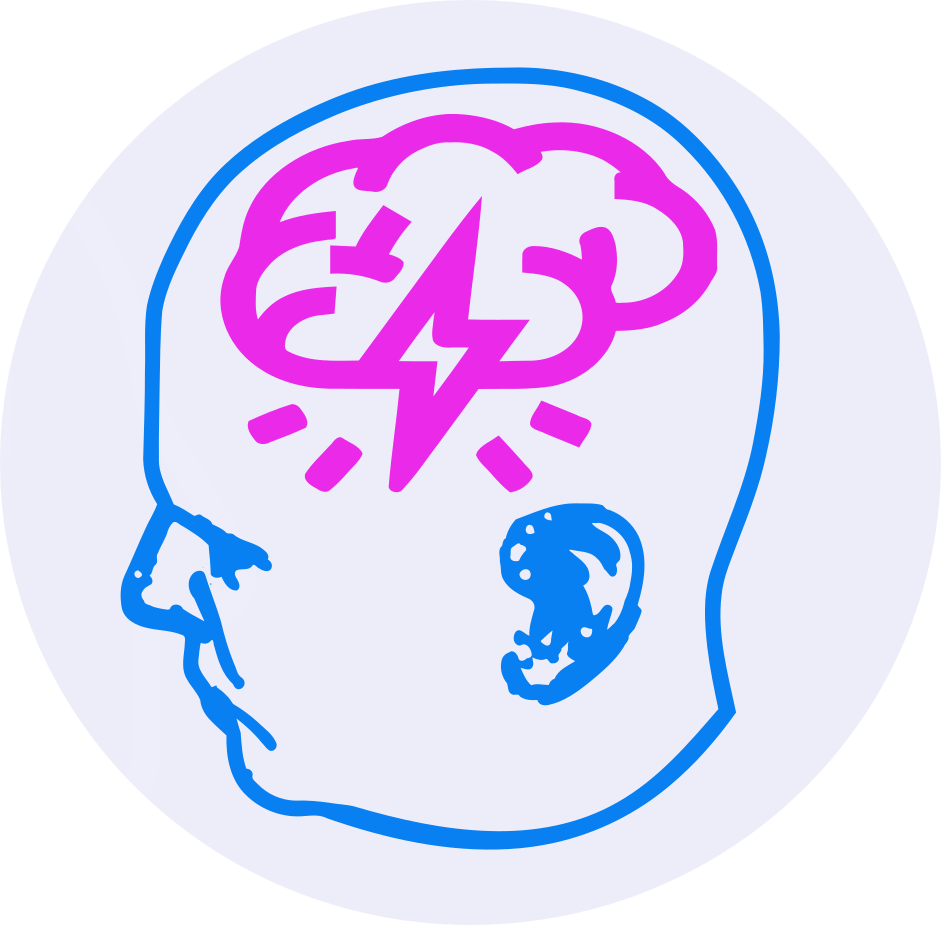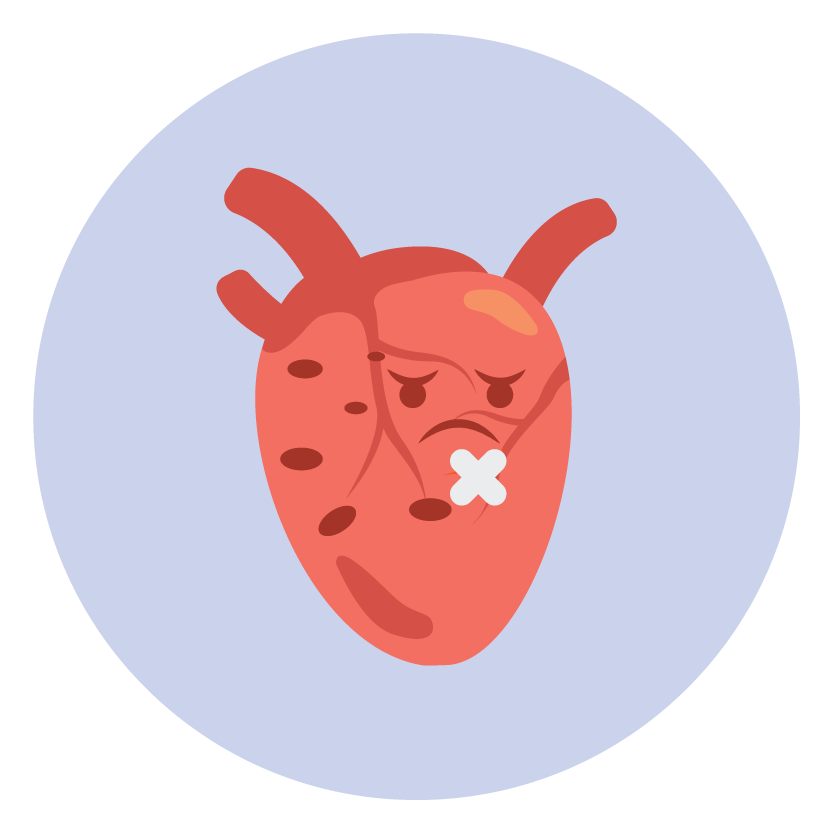| Name | Imipramine Hydrochloride |
| Classes |
Central Nervous System Agent Psychotherapeutic Agent Tricyclic Antidepressant |
| Diseases |
Depression Mental Disorder |
Imipramine Hydrochloride
Imipramine Hydrochloride belongs to a class of drugs called the tricyclic antidepressants. Its main mode of action is to prevent serotonin and norepinephrine from being reabsorbed, so increasing their levels in the brain.
Imipramine Hydrochloride is indicated for the treatment of the following conditions-
- Depression
- Childhood Enuresis
Depression:
Usual Adult Dose
- Hospitalized Patients: Initially, 100 mg/day in divided doses gradually increased to 200 mg/day as required. If no response after two weeks, increase to 250 to 300 mg/day.
- Outpatients: Initially, 75 mg/day increased to 150 mg/day. Dosages over 200 mg/day are not recommended. Maintenance, 50 to 150 mg/day.
- Adolescent and Geriatric Patients: Initially, 30 to 40 mg/day; it is generally not necessary to exceed 100 mg/day.
Childhood Enuresis:
In children aged 6 and up, a daily oral dose of 25 mg should be tried first. Take your medication One hour before sleeping. Increase the dose to 50 mg nightly in children under the age of 12 if a satisfactory response does not occur within one week; children over the age of 12 may get up to 75 mg nightly. A daily dose of more than 75 mg does not improve efficacy and is associated with an increase in adverse effects.
- Cardiovascular: Orthostatic hypotension, hypertension, tachycardia, palpitation, myocardial infarction, arrhythmias, heart block, ECG changes, precipitation of congestive heart failure, stroke.
- Psychiatric: Confusional states (especially in the elderly) with hallucinations, disorientation, delusions; anxiety, restlessness, agitation; insomnia and nightmares; hypomania; exacerbation of psychosis.
- Neurological: Numbness, tingling, paresthesias of extremities; incoordination, ataxia, tremors; peripheral neuropathy; extrapyramidal symptoms; seizures, alterations in EEG patterns; tinnitus.
- Anticholinergic: Dry mouth, and, rarely, associated sublingual adenitis; blurred vision, disturbances of accommodation, mydriasis; constipation, paralytic ileus; urinary retention, delayed micturition, dilation of the urinary tract.
- Allergic: Skin rash, petechiae, urticaria, itching, photosensitization; edema (general or of face and tongue); drug fever; crosssensitivity with desipramine.
- Hematologic: Bone marrow depression including agranulocytosis; eosinophilia; purpura; thrombocytopenia.
- Gastrointestinal: Nausea and vomiting, anorexia, epigastric distress, diarrhea; peculiar taste, stomatitis, abdominal cramps, black tongue.
- Endocrine: Gynecomastia in the male; breast enlargement and galactorrhea in the female; increased or decreased libido, impotence; testicular swelling; elevation or depression of blood sugar levels; inappropriate antidiuretic hormone (ADH) secretion syndrome.
- Other: Jaundice (simulating obstructive); altered liver function; weight gain or loss; perspiration; flushing; urinary frequency; drowsiness, dizziness, weakness and fatigue; headache; parotid swelling; alopecia; proneness to falling.
- Withdrawal Symptoms: Though not indicative of addiction, abrupt cessation of treatment after prolonged therapy may produce nausea, headache, and malaise.
|
Suicidality and Antidepressant Drugs Antidepressants increased the risk compared to placebo of suicidal thinking and behavior (suicidality) in children, adolescents, and young adults in short-term studies of major depressive disorder (MDD) and other psychiatric disorders. Anyone considering the use of Imipramine Hydrochloride or any other antidepressant in a child, adolescent, or young adult must balance this risk with the clinical need. Short-term studies did not show an increase in the risk of suicidality with antidepressants compared to placebo in adults beyond age 24; there was a reduction in risk with antidepressants compared to placebo in adults aged 65 and older. Depression and certain other psychiatric disorders are themselves associated with increases in the risk of suicide. Patients of all ages who are started on antidepressant therapy should be monitored appropriately and observed closely for clinical worsening, suicidality, or unusual changes in behavior. Families and caregivers should be advised of the need for close observation and communication with the prescriber. Imipramine Hydrochloride is not approved for use in pediatric patients |
- Prior to starting larger-than-usual doses of Imipramine Hydrochloride Tablets USP, an ECG recording should be taken, as well as at regular intervals until steady state is reached.
- Because there is limited clinical data, concomitant administration of Imipramine Hydrochloride Tablets USP with electroshock therapy may raise the risks; such treatment should be limited to those patients for whom it is absolutely necessary.
- Patients using Imipramine Hydrochloride should avoid excessive sun exposure because photosensitization has been reported.
- Imipramine Hydrochloride has been linked to both an increase and a decrease in blood sugar levels.
- In patients with markedly impaired renal or hepatic function, imipramine hydrochloride should be taken with caution.
- Patients who develop a fever and a sore throat during therapy with Imipramine Hydrochloride should have leukocyte and differential blood counts performed.
Contraindication
- Contraindicated in patients hypersensitive to any component of the medication.
- Concomitant administration with Monoamine oxidase inhibitors is contraindicated; such as-
- The possibility of cross-sensitivity to other dibenzazepine compounds should be kept in mind.
None known.
The drug is contraindicated during the acute recovery period after a myocardial infarction.
 Bangla
Bangla English
English